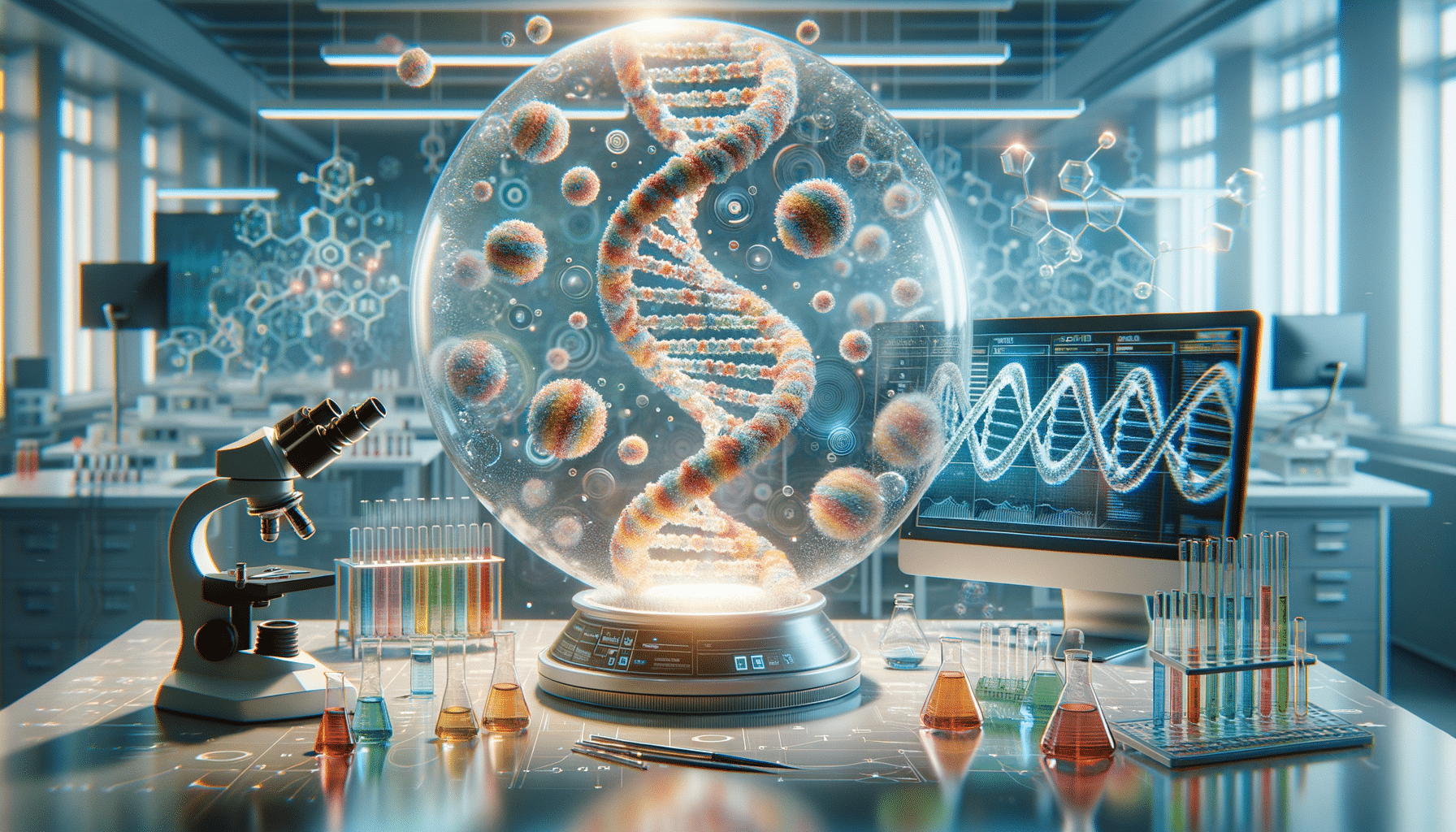
Unlock Hidden Traits Through Advanced DNA Testing
Introduction to DNA Testing
In the realm of modern science, DNA testing has emerged as a powerful tool that allows individuals to unlock the secrets hidden within their genetic code. These tests provide insights into a wide range of physical and behavioral characteristics, offering a window into an individual’s unique genetic makeup. By examining DNA sequences, individuals can receive personalized reports on traits such as sleep patterns and nutrition. This article delves into the fascinating world of DNA testing, exploring its significance and the various aspects it encompasses.
The Science Behind DNA Testing
DNA testing involves analyzing the genetic material contained within an individual’s cells. The human genome, which consists of approximately three billion base pairs, holds the instructions for building and maintaining an organism. DNA tests decode these instructions to reveal information about an individual’s ancestry, health predispositions, and physical traits.
There are several types of DNA tests, each serving a unique purpose:
- Ancestry Testing: This type of test traces an individual’s lineage and ethnic background, providing insights into their ancestral roots.
- Health and Wellness Testing: These tests assess genetic predispositions to certain health conditions, allowing individuals to make informed lifestyle choices.
- Trait Testing: Trait tests focus on specific characteristics such as eye color, hair type, and even taste preferences.
The accuracy and reliability of DNA tests depend on the quality of the sample collected, the technology used, and the database against which the genetic data is compared. As technology advances, DNA testing continues to become more precise, offering increasingly detailed insights.
Applications of DNA Testing
DNA testing has a wide range of applications that extend beyond personal interest. In the medical field, it is used to diagnose genetic disorders, guide treatment plans, and even predict an individual’s response to certain medications. This personalized approach to healthcare is transforming the way medical professionals approach patient care.
In the realm of genealogy, DNA testing has revolutionized the ability to trace family histories and connect with distant relatives. By comparing DNA sequences, individuals can discover previously unknown family connections and gain a deeper understanding of their heritage.
Moreover, DNA testing is also utilized in forensic science to solve crimes and identify individuals. By analyzing DNA samples from crime scenes, forensic experts can match suspects to evidence, providing crucial information for law enforcement investigations.
Ethical Considerations and Privacy Concerns
While DNA testing offers numerous benefits, it also raises ethical and privacy concerns. The collection and storage of genetic data pose risks related to data security and potential misuse. Individuals must be aware of how their genetic information will be used and who will have access to it.
Many DNA testing companies have policies in place to protect customer data, but it is essential for individuals to thoroughly research these policies before undergoing testing. Understanding the terms and conditions, as well as the company’s data-sharing practices, can help individuals make informed decisions about their genetic information.
Additionally, the potential for genetic discrimination is a concern. Although laws such as the Genetic Information Nondiscrimination Act (GINA) exist to prevent discrimination based on genetic information, individuals should remain vigilant about how their data might be used in various contexts.
Future Prospects of DNA Testing
The future of DNA testing is promising, with ongoing advancements in technology and research. As scientists continue to unravel the complexities of the human genome, DNA testing is expected to become even more sophisticated and accessible.
One area of potential development is the use of DNA testing in personalized medicine. By tailoring medical treatments to an individual’s genetic profile, healthcare providers can optimize treatment efficacy and minimize adverse effects. This approach holds the potential to revolutionize healthcare, making it more precise and effective.
Furthermore, as the cost of DNA testing decreases, it is likely to become more widely available, allowing more individuals to benefit from its insights. Public awareness and education about the capabilities and limitations of DNA testing will play a crucial role in its continued integration into various aspects of society.
In conclusion, DNA testing offers a fascinating glimpse into the genetic blueprint that defines each individual. By exploring the genetic code, individuals can gain valuable insights into their ancestry, health, and unique traits, paving the way for a more informed and personalized approach to life.


